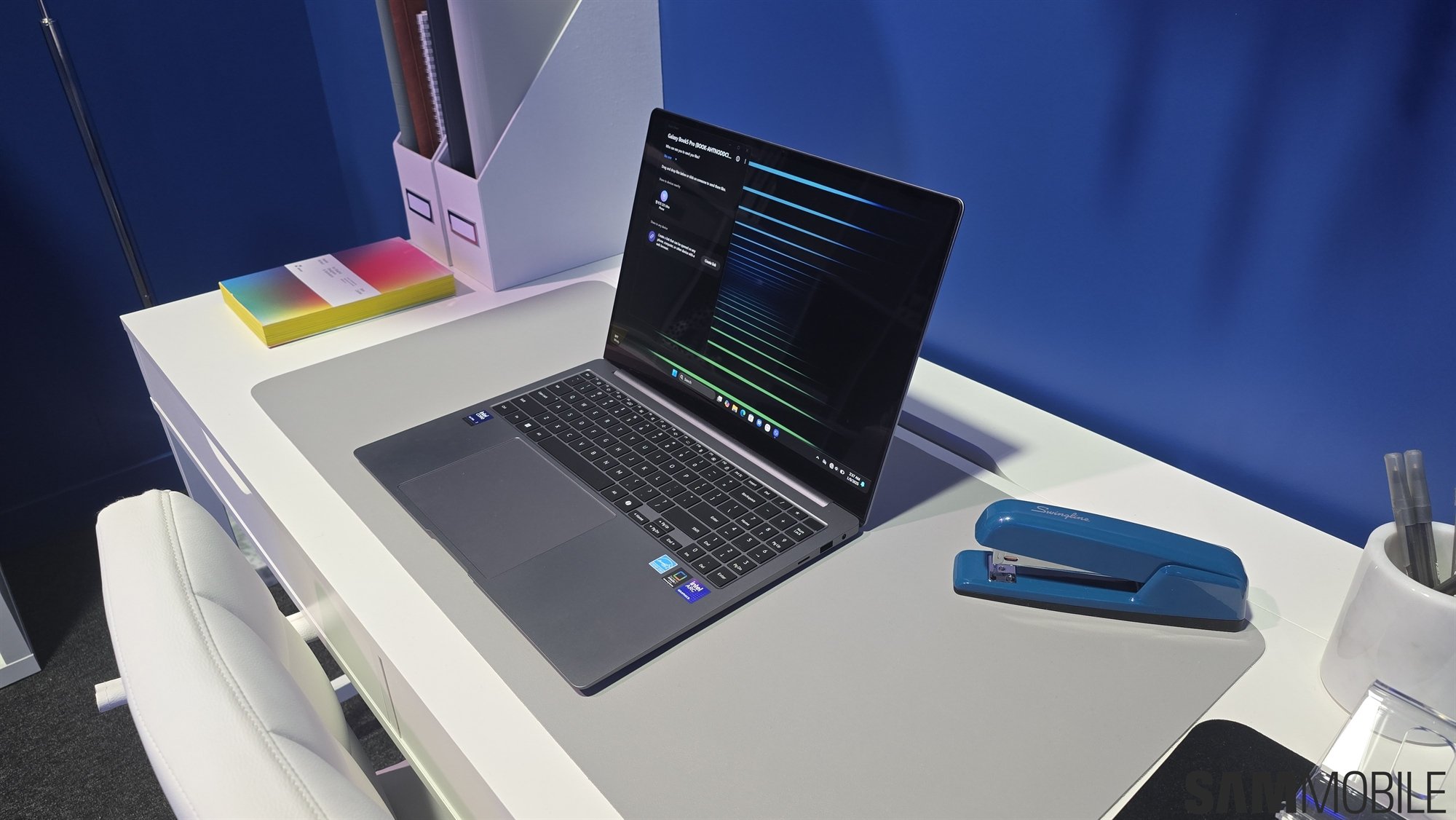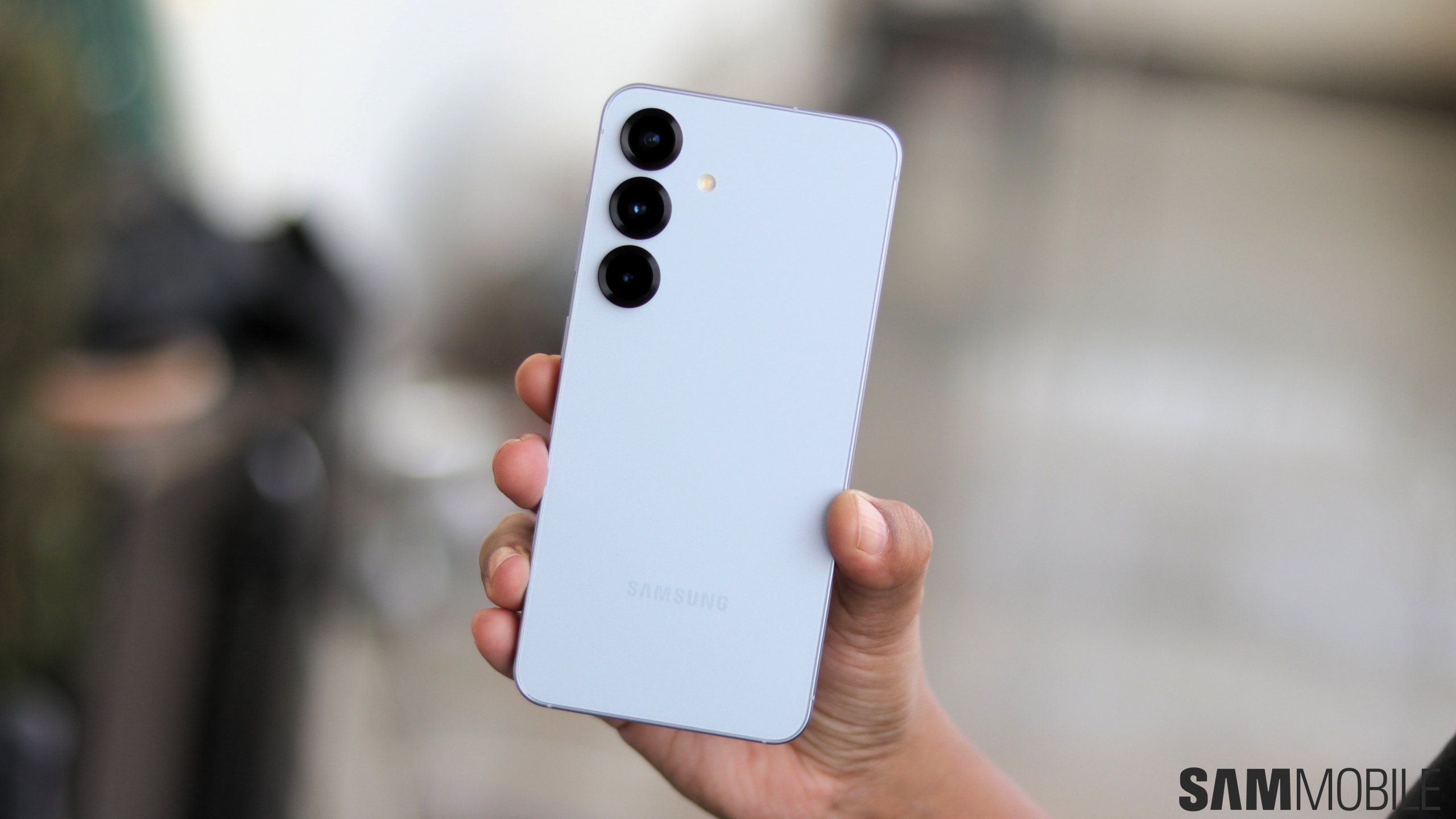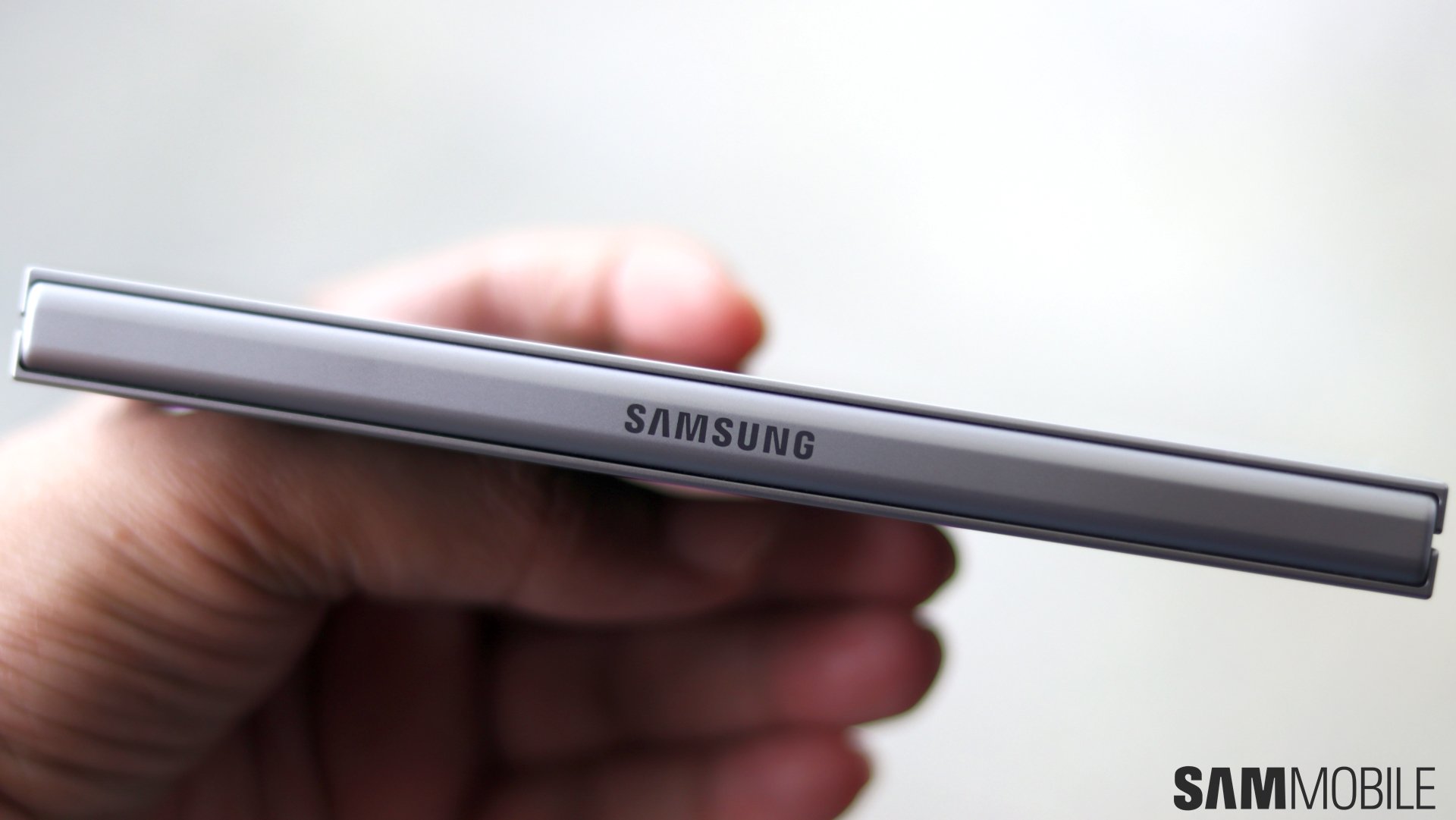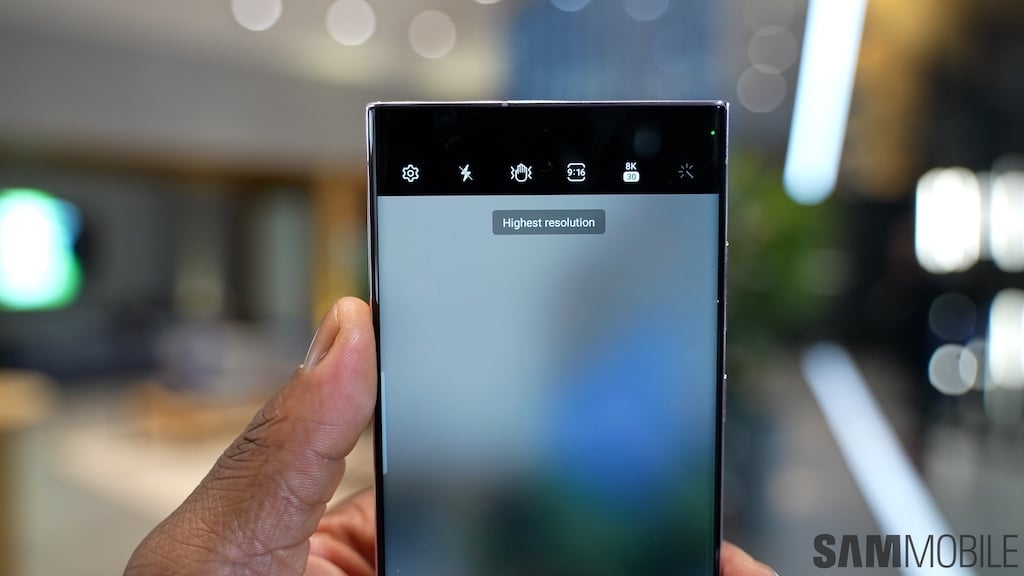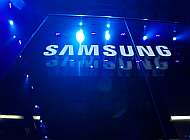
Somewhere in mid-2013, word got out that Apple was asking Samsung to pay $30-$40 for each device that infringes on the Cupertino giant's patents, a crazy amount that Samsung smartly refused to cough up. Well, looks like the rumors were true, and Apple did indeed ask the Korean manufacturer to pay $40 per device, and too just for five patents instead of the entire portfolio (around $8 per patent): phone number tapping, unified search, data synchronization, slide-to-unlock, and autocomplete. A delusional demand from Apple any way you look at it, and it might just have made one of Apple's most staunch supporters in these legal battles wonder if the company has “lost its mind.”
FOSS Patents' Florian Mueller has followed Apple's legal disputes closely, and has often agreed with the iPhone manufacturer, more times than he has favored the likes of Samsung (and Motorola/Google), but this time, he believes Apple has gone a bit too far. Furthermore, Mueller is also surprised that U.S. District Judge Lucy Koh, who has been overlooking Samsung and Apple's legal battles, is letting the latter company present its demands in front of a jury.
The $40 per device demand is considerably higher than what Apple asked for in the first California Apple v. Samsung trial (which ended in a $929 million fine for Samsung) – back then, per-unit claim for “pinch to zoom” was $3.10, and $2.02 for “over scroll bounce” and “tap to zoom”, for a total of around $7.14 for three patents – and Apple will be presenting its new terms in front of the jury on March 31, the day when the second round of court sessions are set to resume.
It's clear to see that Apple has no intention of making a sensible deal with Samsung, and the latest demand in patent royalties is a testament to that. What does this mean? Well, basically, the court wars between the two biggest smartphone manufacturers are far from over, and unless Apple suddenly wakes up and realizes that it is asking for a queen's ransom for something that's not worth even half of that, a final conclusion might not arrive in the near future.












